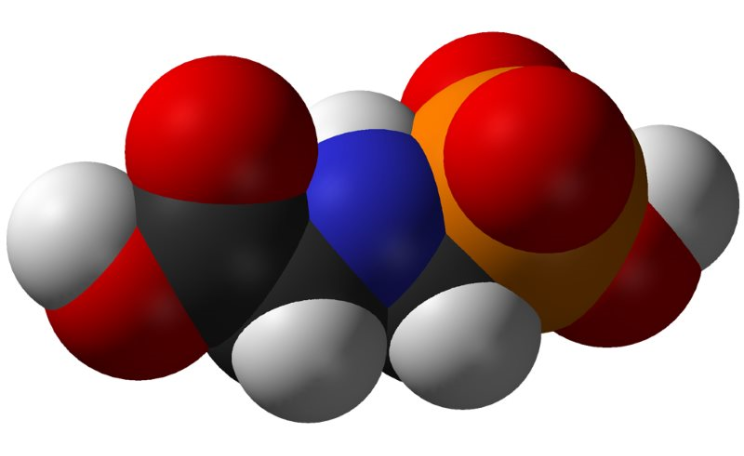The Commission, which has final say on the authorisation, is expected to make its decision early in 2016. It must listen to the Parliament and put people before profit - the health of millions depends upon it.
The European Commission must decide this month if industry can use the banned chemical DEHP in plastics recycling.
In an alarming move, the European Chemicals Agency has advised the Commission to give this exemption the green light, condoning the widespread use of a toxic substance.
The European Parliament - the only democratically elected institution in the EU - has made its position clear: people must be put before profits and the use of this dangerous chemical, which has been illegal in the EU since February, must not be allowed. But will the Commission follow Parliament's lead?
DEHP (scientific name bis(2-ethylhexyl) phthalate) is a plasticiser - it makes PVC products softer. You might find it in a yoga mat, for example. It's also widely used in surgical equipment, like IV tubing.
It's a dangerous substance. It's not chemically bound to PVC, so it leaches out of the products to which it's added, and it's known to cause fertility problems in those who are exposed to it. Expectant mothers exposed to DEHP may be unknowingly jeopardising the fertility of their unborn baby.
Dangerous chemicals must be banned under EU law
Our world is made up of chemicals but the use of some can be a serious threat to health. Realising this, EU lawmakers adopted legislation designed to phase the most dangerous chemicals out of the market.
Under the Registration, Evaluation, Authorisation, and Restriction of Chemicals (REACH) regulation, the EU bans substances identified as being of very high concern to human health and the environment. This includes chemicals that are carcinogenic, mutagenic, or toxic to reproduction.
After the official ban date, the banned chemical may then only be used with specific authorisation from the Commission.
DEHP was identified as being toxic to reproduction and was banned for general use under EU law from February 2015. However, companies may apply for authorisation to use it - although they must specify exactly what they want to use it for.
Despite the grave dangers DEHP poses, a number of manufacturers have applied for permission to use it in recycled PVC materials since its February ban. The Commission must now decide whether or not to grant that authorisation.
The Commission, which has final say on the authorisation, is expected to make its decision early in 2016. It must listen to the Parliament and put people before profit - the health of millions depends upon it.
The only acceptable answer is no.
Authorising DEHP goes against EU regulation
Under the REACH regulation, the Commission can only authorise very specific uses of the banned chemical. That's the first stipulation. The Commission must also determine if the risks of use are adequately controlled, and for this, they turn to the European Chemicals Agency (ECHA) for guidance.
But that's not the end of it. Even if the risks are evident, the request for use may still be granted. If the benefits of using the chemical are so great to society that the risks seem a reasonable price to pay, and no suitable alternative chemicals or technology can be used instead, the Commission can allow use of a banned chemical.
So, are these plastics companies meeting the above requirements? Quite simply, no, they aren't.
Firstly, the companies are not applying for any specific use. In fact, the applications are so broad that, essentially, the applicants are seeking a blanket exemption from the ban for the entire PVC recycling industry. This is not permitted under REACH, which allows authorisations for banned chemicals only for specific uses, not whole areas of industry.
Secondly, letting these companies use DEHP in recycled materials would effectively make the ban redundant. The recycled materials would be used to make more products, which would in turn be recycled. In this way, DEHP would go into ever more widespread circulation, and the ban would become meaningless.
A disappointing conclusion from the chemicals regulator
In spite of all of the above, the European Chemicals Agency (ECHA) has made the alarming decision to recommend that the Commission approve the application.
The regulator's Risk Assessment Committee found that the dangers DEHP poses to workers were not adequately controlled. So it was time for ECHA's Socio-Economic Assessment Committee (SEAC) to step in.
The SEAC balances the costs to the chemicals industry of not using the chemical, against potential health and environmental costs. It values the cost of, for example, death from chemicals exposure, or the cost to society of male infertility.
Astonishingly, though there were "significant deficiencies" in the socioeconomic analysis, ECHA found the benefits of authorising DEHP in these instances did outweigh the risks. It also agreed there were no suitable alternatives to DEHP, but mainly because not enough information was provided by the applicants.
The REACH requirement exists to protect human health and the environment to the highest possible level. By recommending that the Commission authorise the use of DEHP, and overlooking evident legal problems with the application, the ECHA fails to uphold that protection.
Decision time
ECHA's final recommendation is outrageous, dangerous, and disappointing. The one cause for hope is that it doesn't bind the Commission, which has final say on the authorisation.
At the end of November, EU Parliament overwhelmingly voted in favour, by 603 votes to 86, of a resolution calling upon the Commission not to authorise using DEHP in recycled PVC. This is a resounding reminder that people are more important than profits - a reminder the Commission can't ignore.
The Commission is expected to make its decision early in 2016. It must listen to the Parliament and put people before profit - the health of millions depends upon it.
Tess Crean is a toxics expert. She joined ClientEarth in 2015 having previously worked at the Court of Justice of the European Union, and at law firms in Ireland, France, and the United Kingdom.







